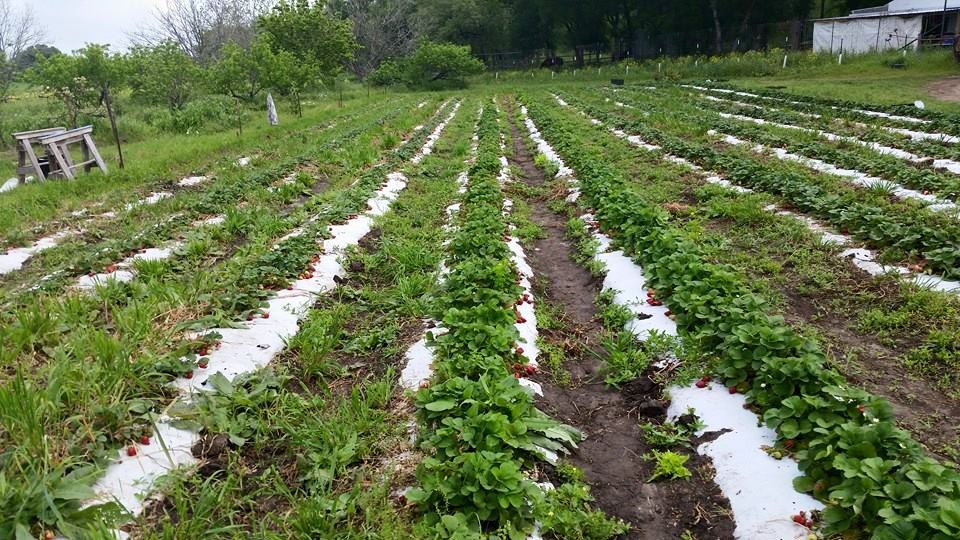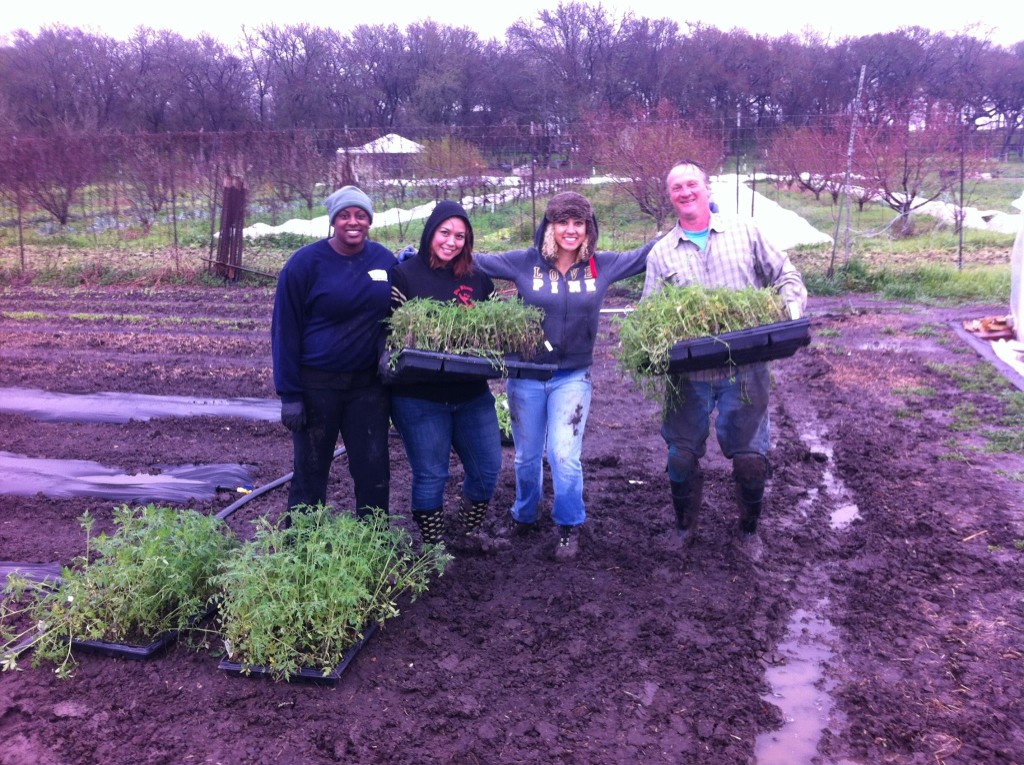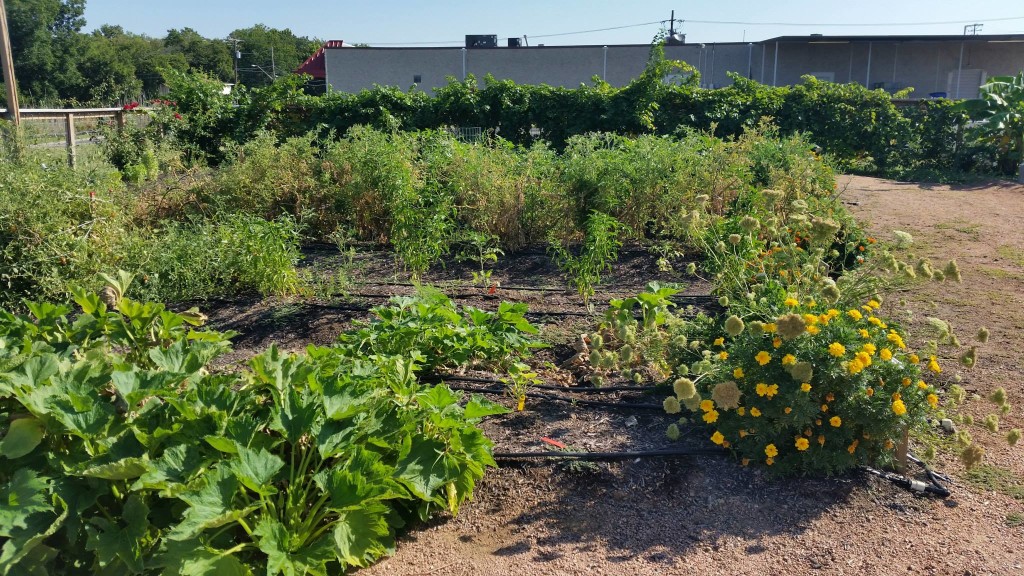By: Alex Charpentier, Culinary Arts Student
One of the main reasons that I selected Austin, Texas as the city to pursue my culinary career was due to the way the city’s leaders have championed the farm-to-table movement locally over the past several years. In line with this civic focus on local sustainability, the administration of the Auguste Escoffier School of Culinary Arts in Austin created a certified Farm To Table® Experience that demonstrates their true commitment to great food and a belief that it begins with the first links in the food chain—farmers, ranchers, artisans, vintners, producers and purveyors.
During the six week Farm-To-Table® Experience block students have the opportunity to go behind the scenes so they can understand what it takes to bring locally produced ingredients into the kitchen. They are exposed to a variety of farming and production methods, the advantages of buying local and how to make the best sustainable and ethical ingredient choices throughout their culinary career.

In an effort to get a first-hand understanding of what this farm-to-table movement is really all about, I sat down with one of the Escoffier School’s farm-to-table partners, Alex Bernhardt of Bernhardt’s Farm.
Alex and his wife Donna operate and own Bernhardt’s, a locally owned and operated sustainable fruit and vegetable farm in Elgin, Texas. They strive to be good stewards of the land, keep organic practices, be an integral part of the community and treat their help well — basically sustainable all around.
Here’s what they had to say on current farm-to-table food trends, the importance of sustainable farming in modern culture & cuisine and what advice they have for future chefs.
Q: What food trends have you seen this spring that you have not seen in past years if any?
A: I’m seeing more demand for mustards and pea shoots this spring with the chefs and less demand for the other greens.
Q: What do you think is most important for culinary students to learn as it relates to farming and sustainability?
A: I think it’s important for culinary students to learn that we really only get one shot each year at producing a particular crop, so they need to understand that if the weather or bugs take that crop out that they were counting on, we can’t always just plant another one. They need to be ready to adapt and come up with alternative ingredients for their menu items.
Our planting opportunity windows are very small sometimes. I would advise new chefs to be aware of the fact that most crops only peak for a few weeks and sometimes they come on very fast and then they are gone, so if they plan on sourcing from local farmers they need to keep updated on future forecasts.
Q: What are the biggest challenges you are facing?
A: Our biggest challenge right now is the deluge of rain we have been getting. It’s been great for some crops and not so great for others. The first tomatoes are coming in but the majority of them are split; onions and garlic need to be harvested and dried so they don’t rot in the ground; and some of our planting windows are closing because we can’t get the groundwork done to plant them.
Q: What are you most excited about right now?
A: Right now, I’m most excited about having a good grape crop (if I can keep the raccoons and birds away) because last year’s late freeze wiped out the crop.
Understanding the realities that farmers like Alex and Donna face and the impact that they have on a restaurant or catering operation on a daily basis is of critical importance to the success of existing and future chefs. Being a part of the culinary arts program that places such focus on this aspect of the industry is invaluable to me as a student. Even if I can’t guarantee that I will graduate with a green thumb, I will do my best to try!
You can find out more about Bernhardt’s Farm and Alex and Donna on their Facebook Page.




